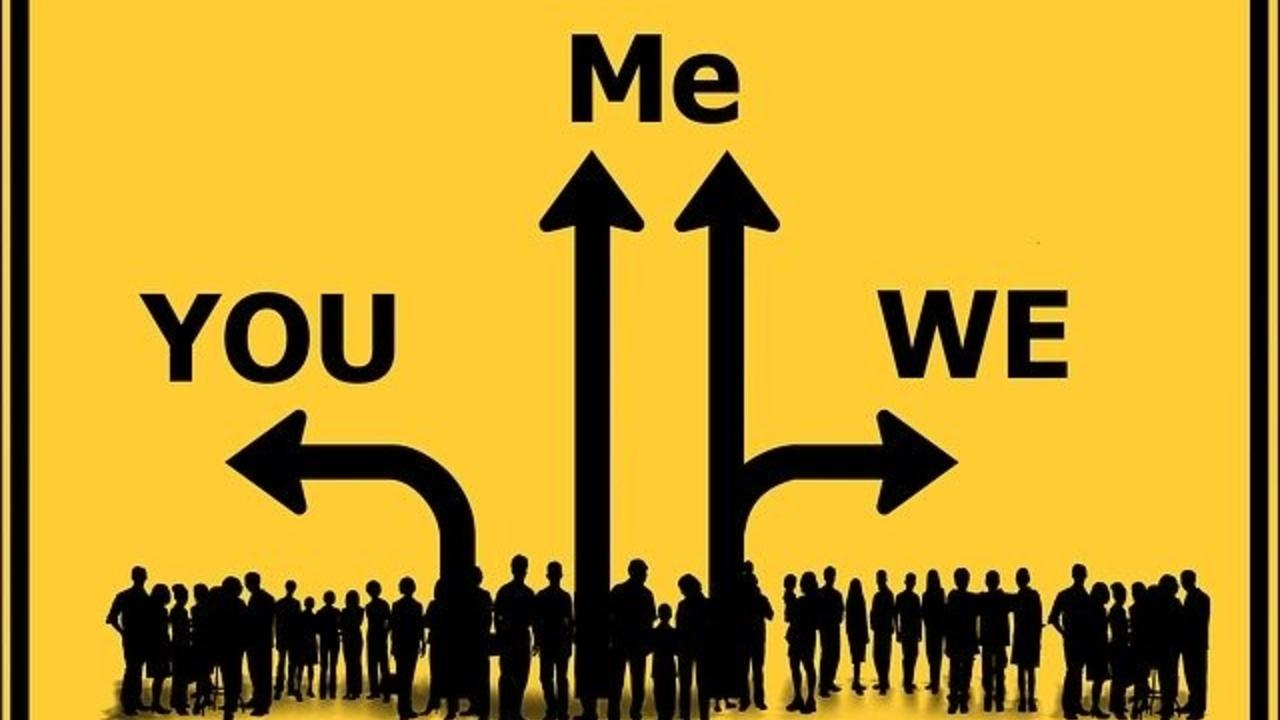Selfish vs Self-Preservation
Jul 25, 2020
Have you ever looked at someone and thought they were selfish? Have you ever thought that about yourself?
What does it mean to BE selfish?
There are certainly people out there who are truly concerned with their own interests without regard for others. They have different reasons and motivations for this behavior and can hurt others by their selfish pursuits. I’ve also seen many Empaths and healers who have difficulty doing anything for themselves because they don’t want to be viewed as selfish. Self-care even feels selfish because they aren’t using their energy to help others! One possible reason that someone is being “selfish” could be that they’re in survival mode.
The Reptilian (Survival) Brain governs your fight/flight/freeze response as well as your autonomic (unconscious) reflexes. It's constantly assessing your environment for potential threats. It will respond to "perceived" threats just as much as an actual threat. This brain often has trouble telling the difference. Combining this with another theory on human development by Dr. Abraham Maslow, we begin to see how someone may be acting selfish because they're governed by a self-preservation response.

In the 1940’s, Dr. Abraham Maslow proposed a theory based on his observations of human developmental behavior. He identified a “Hierarchy of Needs” that governed human emotions and behavior. He theorized that unless basic survival and safety needs were met, a human would be unable to focus on their higher spiritual and altruistic development. Too much of their attention would be devoted to the sheer act of survival, that they wouldn’t even try to reach higher. At any given time, we're at different levels in the developmental pyramid.
For example, if someone lost their job and became homeless, then their primary needs would be about food, shelter, safety, sleep, clean water etc. They wouldn't necessarily think about others thoughts and feelings. Their instinct and drive to survive may even cause them to do things they normally wouldn't even consider. A person's sense of pride, creativity, self-esteem and moral compass all take a backseat to the immediate needs of food and shelter.
When these 2 theories are combined, we begin to see a very different picture of human behavior. Although I've listed some extreme examples, think about yourself and the people that you know. In today's world, financial pressures will often push us into the selfish/self-preservation mode. We're so worried about paying bills, or providing for our families and ourselves that we may not pick our heads up to be a good friend or partner. Our relationships of every kind may suffer.
If you're currently frustrated with yourself, friends or partners, then try to analyze the circumstances through a compassionate lens. Hardships won't last forever and your current circumstances are temporary. Don't be afraid to ask for help, or to let those closest to you know that you'll be there for them and that you understand. I know it's hard, but being patient is often the best course of action until things get better.

Freedom In Your Inbox!
Join our mailing list to receive weekly tips on how to balance leadership and life.
Don't worry, your information won't be shared and you can unsubscribe at any time.
